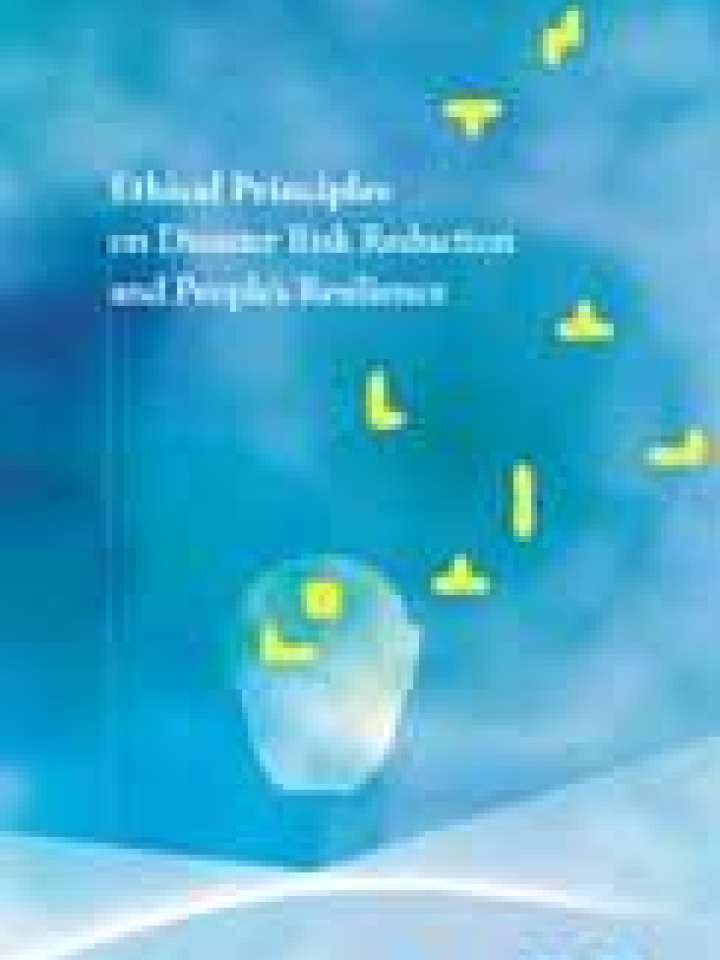Ethical principles on disaster risk reduction and people’s resilience
This document deals with the ethical principles of the whole disaster cycle: from prevention to reconstruction via the emergency phase, irrespective of the duration of the disaster (sudden or progressive) or its context (simple or complex emergency). It concerns both natural and technological disasters. It is intended to deal both with the direct victims of disasters and with the other parties involved, such as public civil defence organisations, public servants of states affected by disasters and of assisting states, and humanitarian NGOs.
This document is the response of the Executive Secretariat of the European and Mediterranean Major Hazards Agreement (EUR-OPA) to the Parliamentary Assembly of the Council of Europe’s invitation to it, in Recommendation 1862 (2009), to prepare an ethical charter on resilience to disasters.
It includes:
General principles: (i) Solidarity; (ii) Joint responsibility; (iii) Non-discrimination; (iv) Humanity; (v) Impartiality; (vi) Neutrality; (vii) Co-operation; (viii) Territorial sovereignty; (ix) Prevention; and (x) Role of the media.
Ethical principles applied prior to disasters: (i) Introduction of prevention measures; (ii) The importance of a good quality healthy environment; (iii) Education, training and awareness-raising about resilience to disasters; (iv) Prior information; (v) Participation; (vi) Freedom of expression; (vii) Access to justice; (viii) Disaster prevention at the workplace; (ix) Disaster prevention in recreation and tourist areas; (x) Disaster prevention in public places, particularly schools and hospitals; (xi) Special prevention measures for the most vulnerable groups; (xii) Organisation of and participation in emergency drills; (xiii) Preventive evacuation of populations.
The ethical principles applied during disasters: (i) Humanitarian assistance; (ii) Information and participation during disasters; (iii) Compulsory evacuation of populations; (iv) Respect of dignity; (v) Respect of persons; (vi) Emergency assistance for the most vulnerable persons; (vii) The importance of rescue workers; (viii) Measures to safeguard and rehabilitate the environment; and (ix) Necessary measures to safeguard and restore social ties.
The ethical principles applied after disasters: (i) Strengthening resilience to the effects of disasters; (ii) Necessary measures; (iii) Protection of economic, social and cultural rights; and (iv) Protection of civil and political rights.
